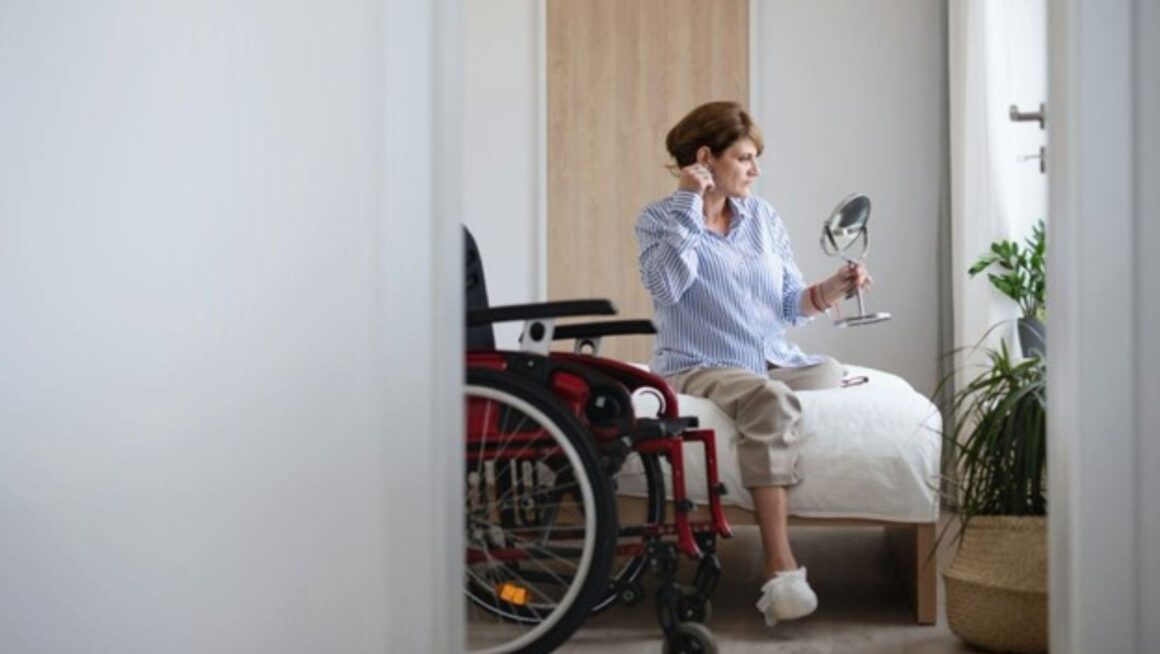- Independent living allows individuals to maintain autonomy with the right support services tailored to their needs.
- Personalized care services, including health and emotional support, are key to ensuring individuals thrive while living independently.
- Social and community connections play a vital role in enhancing quality of life and combating isolation.
- Financial and housing assistance provides the foundation for secure, accessible living, reducing barriers to independence.
Living independently can be a deeply rewarding experience, offering a sense of autonomy and freedom. However, for many individuals, maintaining that independence requires support services tailored to their unique needs. Whether it’s assistance with daily tasks or access to healthcare and social programs, finding the right support can make all the difference.
In this post, we’ll explore essential services that enable independent living. You’ll learn about the range of options available, from personal care to financial aid, and how they contribute to a better quality of life. These services are crucial in empowering individuals to live independently with confidence and security.
What is Independent Living?
Independent living refers to the ability of individuals, especially those with disabilities or age-related challenges, to live on their own terms while receiving the right level of support. It’s not about doing everything without assistance but about having the freedom to make decisions and maintain control over one’s life. For many, this means having the option to choose where and how they live while still receiving help with daily activities, healthcare, and community engagement.
At its core, independent living emphasizes autonomy, respect, and personal choice. The goal is to provide an environment where individuals can thrive without sacrificing their dignity or quality of life. It goes beyond just providing care; it’s about enabling individuals to participate fully in society, pursue their interests, and maintain relationships.
A variety of support services are crucial to making independent living a reality. These include personal care, home modifications for accessibility, and assistance with managing health needs. The right combination of services allows individuals to live comfortably and confidently in their own homes or communities. The idea is to adapt the level of support based on what the individual truly needs, offering flexibility while ensuring safety and well-being.
Tailored Support Services for Independent Living
One of the most important aspects of independent living is having access to support services tailored to each individual’s specific needs. These services cover a wide range, from help with household tasks to managing health conditions and accessing community resources. Tailored support ensures that people can receive assistance without feeling limited or dependent on a generalized approach.

When seeking options like SIL Brisbane, individuals can find a range of personalized services that adapt as their circumstances change. These might include daily living assistance, transportation help, or opportunities for social engagement. The key is customization—offering the right kind of support to help people maintain their independence while addressing their unique requirements.
Tailored services also provide emotional and mental health support, offering resources for coping with the challenges of living independently. These services not only focus on physical well-being but also address the importance of emotional stability and connection. A complete support system ensures that individuals can thrive, feeling confident and secure in their independent living journey.
Personal Care and Health Services
Personal care and health services are critical components of independent living, especially for those who require daily assistance or ongoing medical support. These services range from basic help with grooming, bathing, and dressing to more specialized care, such as administering medications or providing physical therapy. The goal is to ensure that individuals can manage their day-to-day activities without feeling burdened while also maintaining their dignity and independence.
Health services extend beyond just in-home care. For some, this could mean regular visits from nurses or caregivers, while others may need access to medical professionals who can monitor chronic conditions or offer emergency support. Having a reliable healthcare plan in place is essential for peace of mind, knowing that help is always within reach when needed.
One of the greatest advantages of these services is the ability to customize the level of care. Individuals can receive the exact type of help they need, whether it’s temporary support during recovery from surgery or long-term assistance for ongoing health issues. This adaptability ensures that people can remain in their own homes, living independently while still receiving the medical attention required to stay healthy.
Social and Community Support
Living independently doesn’t mean living in isolation. Social and community support is just as important as physical care when it comes to maintaining a fulfilling, independent life. Staying connected to friends, family, and community is crucial for mental health and overall well-being. These connections provide emotional support, a sense of belonging, and can help combat feelings of loneliness or depression.
Many independent living programs offer access to social activities, peer support groups, and local community events. These opportunities help individuals build and maintain meaningful relationships while encouraging engagement with the wider community. From recreational activities to volunteer opportunities, having access to social networks promotes an active, mentally stimulating lifestyle.

Additionally, community support services often include transportation assistance, access to local libraries, or group excursions. These services help ensure that those living independently can still participate in the community, access necessary resources, and enjoy a vibrant social life. By fostering these connections, individuals are more likely to feel empowered, confident, and emotionally supported throughout their independent living journey.
Financial and Housing Assistance
For many individuals, the ability to live independently is closely tied to financial security and access to appropriate housing. Financial assistance programs can play a crucial role in helping cover the costs associated with independent living, whether it’s for housing, medical expenses, or daily care. These programs are often available through government agencies, non-profits, or local organizations dedicated to supporting individuals who want to maintain their independence.
Housing assistance is another vital factor. Accessible housing, whether through modifications to existing homes or finding new living spaces designed for ease of use, is essential for many people. Modifications might include ramps, widened doorways, or accessible bathroom facilities, all of which make it easier to move around and complete daily tasks. Programs also exist to help cover the costs of these modifications or to assist with rent in housing that supports independent living.
Having financial and housing stability allows individuals to focus on other aspects of life, like personal growth, social engagement, and health. By reducing financial stress and ensuring safe, accessible housing, these support systems create a strong foundation for a successful independent living experience.
Conclusion
Independent living is about more than just having a place to stay. It’s about accessing the right support services, whether they are related to personal care, health, social connection, or financial stability. Each of these services plays a critical role in empowering individuals to lead fulfilling, independent lives.
From tailored support to financial assistance, the range of services available ensures that people can continue living on their own terms. With the right resources, independent living is not only possible but can be an incredibly rewarding and enriching experience.



